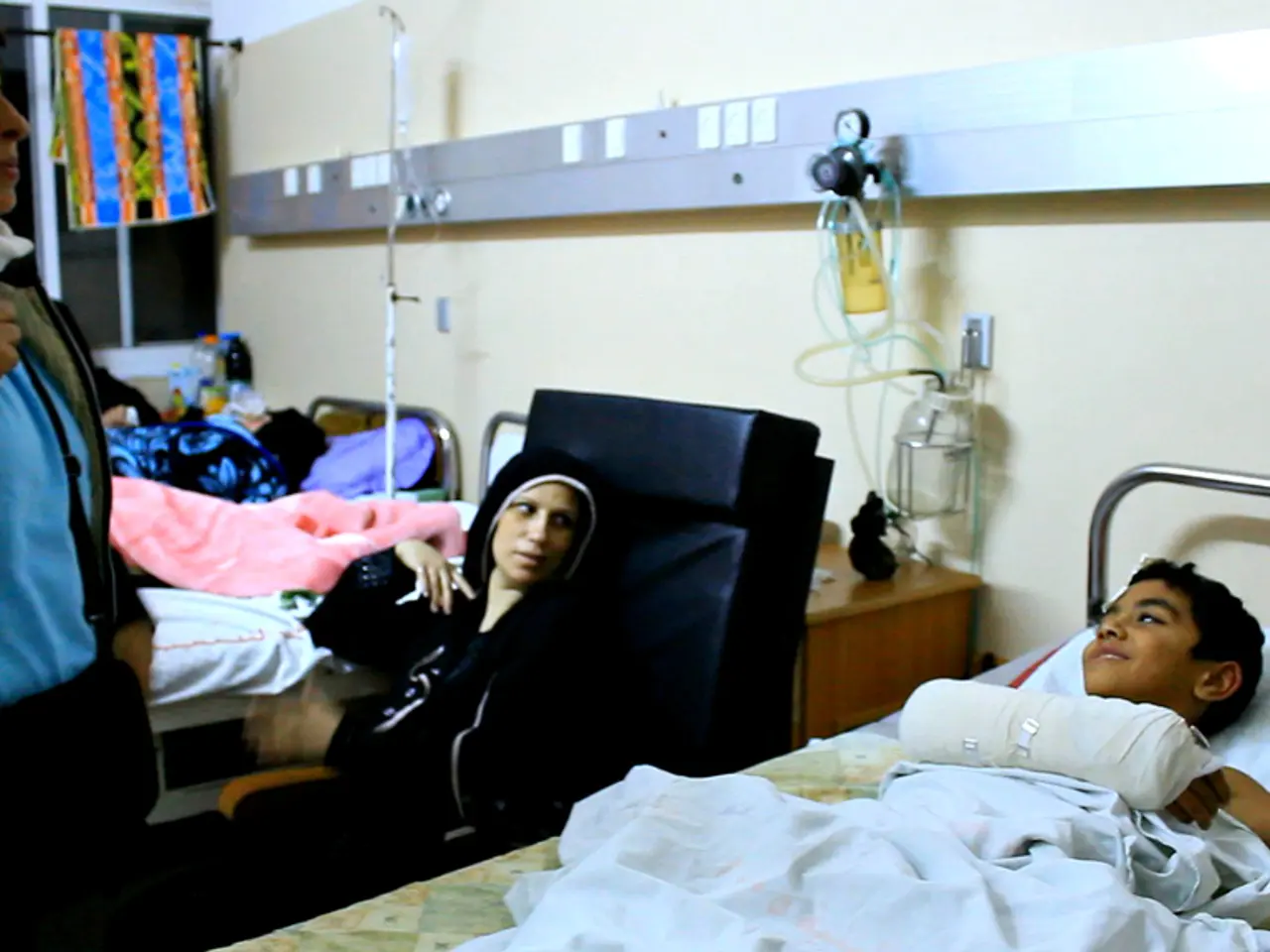Locations for STD Tests: Details on testing procedures and additional information
Regular testing for sexually transmitted infections (STIs) is a crucial step towards maintaining good sexual health and reducing the spread of these infections within communities. This article explores the significance of STI testing, the various options available, and the importance of early detection.
STIs such as chlamydia, gonorrhea, and HIV can remain asymptomatic for extended periods, potentially leading to severe health issues like infertility, pelvic inflammatory disease (PID), and certain cancers. Early diagnosis through regular testing allows timely treatment, lowering the risk of complications and breaking the chain of transmission to others.
Testing is recommended for everyone at risk, especially people with multiple partners or young adults, who have higher infection rates. Regular testing fosters informed decision-making, promotes safer sexual behaviors, and builds trust within relationships.
Several venues offer STI testing. Doctor's offices, sexual health clinics, and community health centers are common places to get tested. Some cities provide free testing and treatment for STIs, as well as pre-exposure prophylaxis (PrEP) and family planning services. Urgent care centers can also offer discreet, immediate diagnosis and treatment for STIs, although they may not have lab or diagnostic testing capacities.
At-home STI tests are becoming increasingly popular and may contribute to higher rates of testing and treatments. While these tests are convenient, it's essential to know which STIs are being checked for before purchasing. Most insurance providers do not cover at-home test kits, but most accept flexible savings account (FSA) or health savings account (HSA) payments.
Providers like QuestDiagnostics, Everlywell, and LetsGetChecked offer various STI tests online, with costs ranging from $49-249. It's crucial to note that samples from at-home tests undergo the same analysis as lab tests and are just as accurate, provided instructions for sample collection and storage are followed correctly.
The Centers for Disease Control and Prevention (CDC) advises that sexually active people should have an STI test once a year, but testing requirements may vary depending on individual circumstances. Students enrolled at universities can visit their student health centers for STI tests for roughly $10-20. Some grocery and pharmacy chains have low-cost health clinics that may also provide STI testing, but these kits may only test for a limited range of STIs.
Mobile reproductive health centers provide community-based STI screenings and other reproductive health services to various demographic groups, including migrants, people from low-income households, people who do not have insurance, people from marginalized groups, people living in rural areas, and others.
In conclusion, regular STI testing is a vital preventive practice that maintains individual health, protects partners, and supports community health by controlling the spread of infections. Early detection and treatment of STIs are crucial to prevent transmission and complications, ultimately promoting a healthier society.
1.串行性性传染病(STI),例如矽胞症、势利




